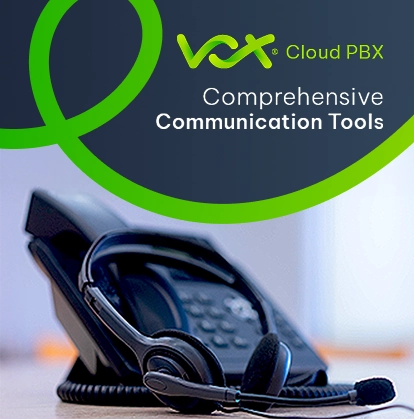Keeping the lights on has become a South African business imperative, but the costs and the challenges are proving overwhelming for many
Loadshedding is costing South African companies billions. Dis-Chem’s six-month bill was R36 million, spent on diesel to keep its stores up and running, while loadshedding is costing Pick n Pay R60 million a month and Sandton City has reported the cost of Stage 6 to be R64k an hour. The financial impact is significant, especially for smaller businesses that are either closing down or barely making ends meet; and there remains a growing concern that the grid will collapse completely which has made many companies turn to more sustainable, long-term solutions to ensure they stay up and running no matter what. Keeping the lights on, ensuring that the generator has diesel, managing IT equipment, managing and maintaining a UPS, and having the right people in place to handle all these loadshedding fail-safes are time-consuming and expensive, says Barry Kemp, Head of Division at Nymbis Cloud Solutions.
“Right now, for most companies, the biggest cost is diesel,” he adds. “An average 5KVaa diesel generator starts at around R250,000 and runs maybe five full racks of servers, and the diesel powering that for eight hours a day, 365 days a year, is around R650,000. This means that the average business has to spend R1 million to manage their own environment.”
The return on the R650k investment is tenuous, beyond just staying in business. Which makes the most important business question not “How do I afford a generator”, but “How do I make this someone else’s problem?” It makes sense to find a service provider that can take on the cost of keeping IT infrastructure running for a fraction of the price, and take on the costs of manpower and maintenance.
“A lot of companies are not seeing the holistic costs of taking on the burden of power generation themselves,” says Kemp. “There is immense value in outsourcing this to a service provider. It’s the difference between spending upwards of a million a year and spending only R30,000 a month and knowing that the business always has access to reliable energy.”
Power reliability has become a commodity. The loadshedding schedule over the past few weeks has doggedly insisted on being Stage 6 but has actually been a lot closer to Stage 8, putting immense pressure on organisations to find alternative power solutions that will ensure their IT equipment can withstand long periods of time without access to the grid. As the country faces increasingly challenging times ahead – the problem of Eskom isn’t going to be solved at speed – companies need solutions that shift the cost burden and that allow them to remain competitive on the global stage.
“Moving infrastructure across to a co-location facility that takes on the burden of power, maintenance, service provision and management, means that the company not only saves a significant amount of money upfront but that they now open their doors to remote and hybrid working flexibility,” says Kemp. “People can work from anywhere and anywhen, which also cuts the costs of keeping the lights on at the office significantly.”
The price tag that hangs off self-generating power is hefty and companies are struggling, both on the financial and infrastructural fronts. Moving forward, companies should look for solutions that ease these pressures and allow them to better manage their businesses and the bottom line. Outsourced power provision will fundamentally change this dynamic as everything will be managed by a trusted service provider that will walk the journey with the business and keep the costs within tightly managed parameters.
“As a country, we’ve been through a lot over the last few years with the pandemic, and now loadshedding, but while this has added pressure, it has also underscored the resilience and capability of South Africans,” concludes Kemp. “We adapt, we find smarter ways of doing business, and we make it happen. Times may be tough, but with our ingenuity and intelligent solutions to complicated problems, South African businesses are tougher.”














